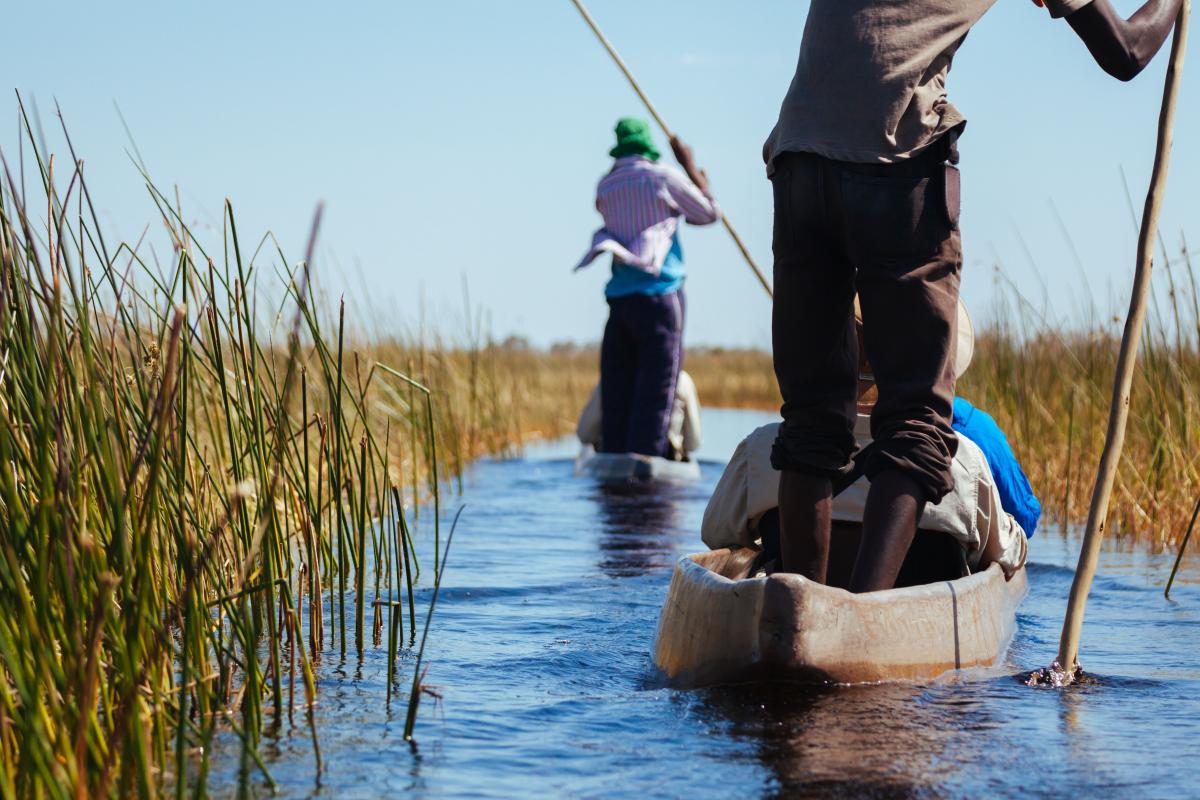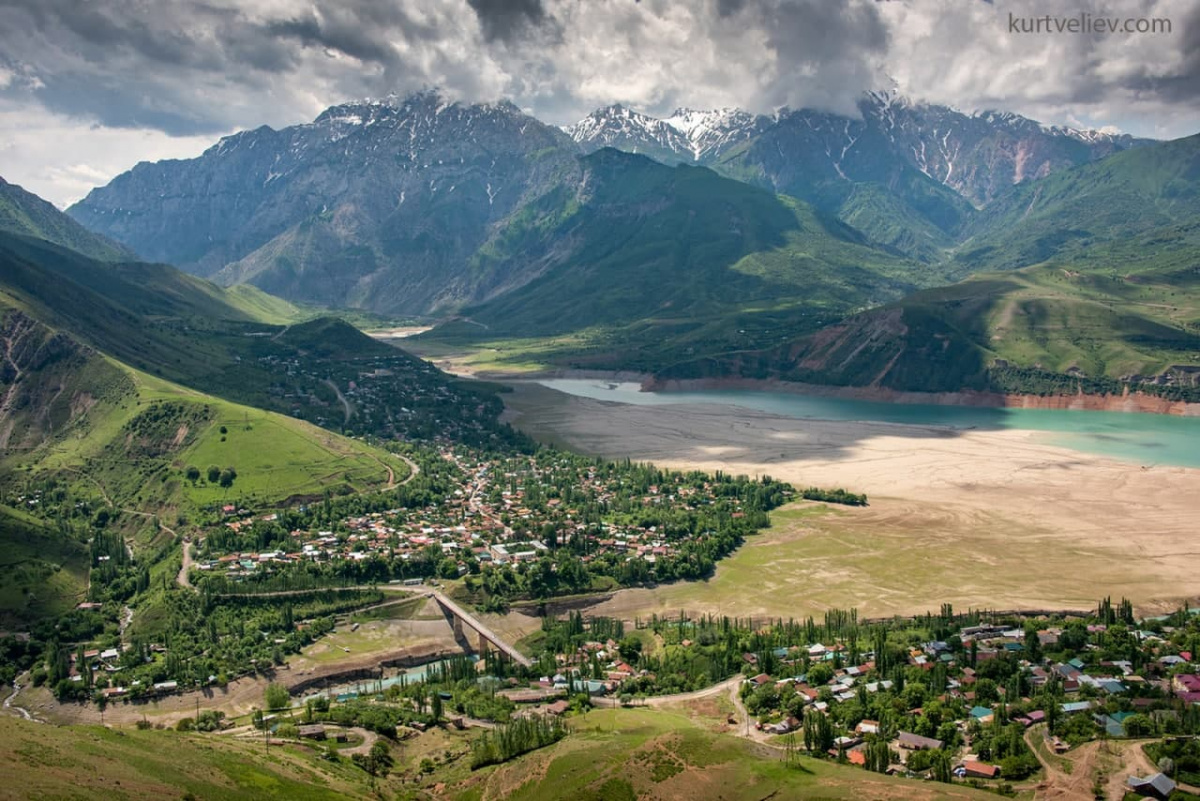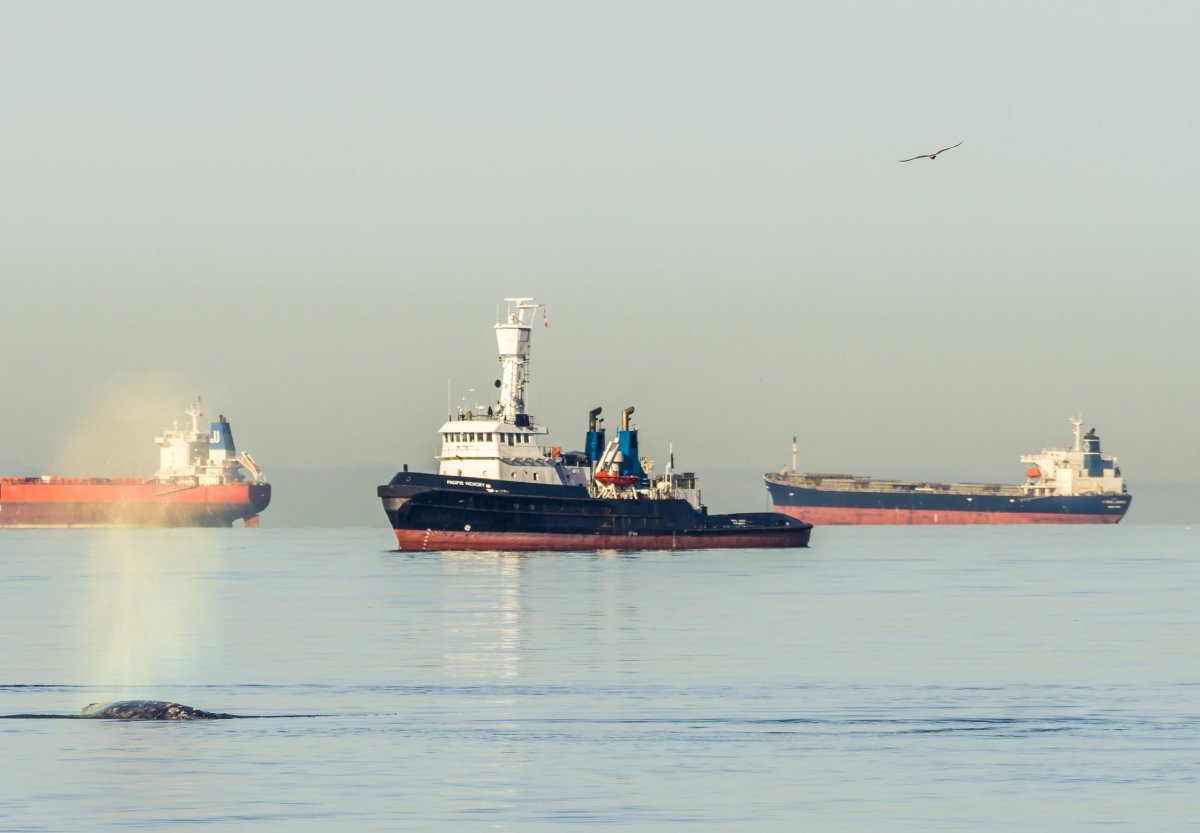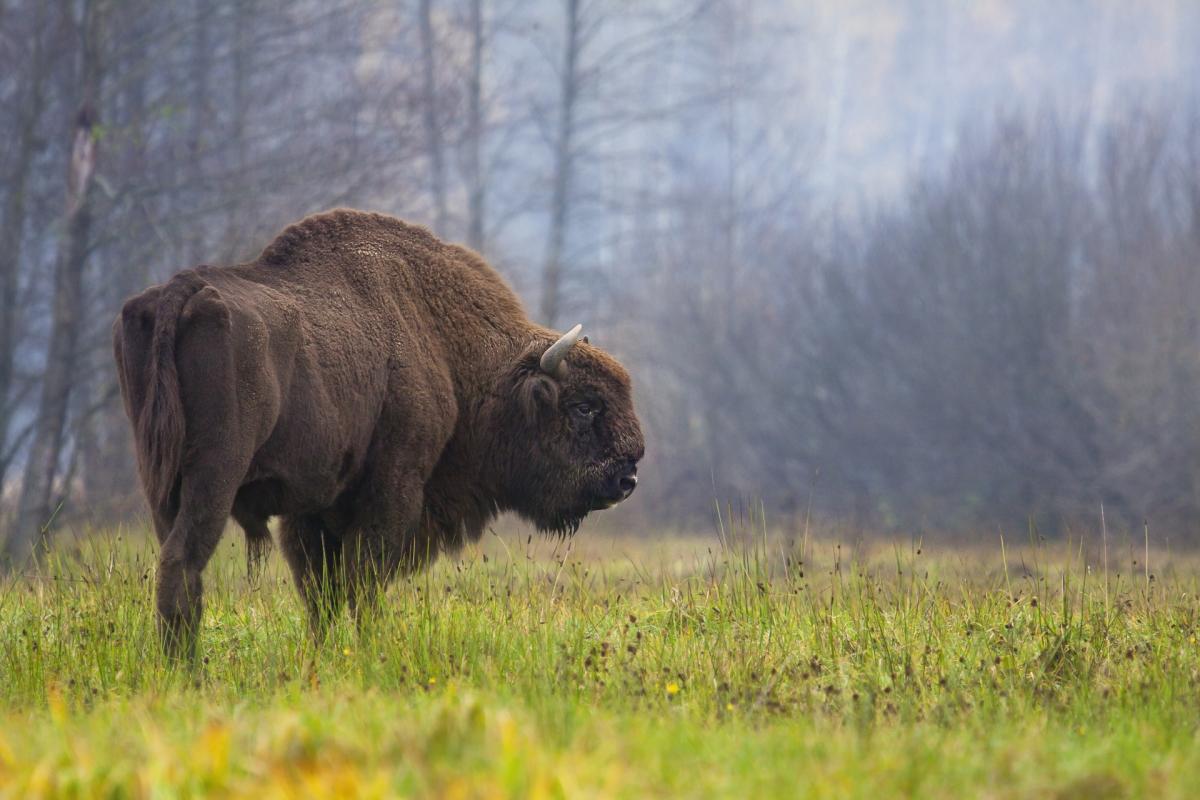A call from Ramsar COP13 to the Convention on Biological Diversity
Our challenge to the Convention on Biological Diversity: a call from Ramsar COP13 to embed wetland conservation in the post-2020 biodiversity and sustainable development agendas.

Photo: ©mendelson/shutterstock
An open letter from the ‘Partners for Wetlands’ (International Organization Partners of the Ramsar Convention on Wetlands):
As the 13th Conference of Parties of the Ramsar Convention (Ramsar COP 13) came to a close on Monday 29 October 2018, the ‘Partners for Wetlands’1 were encouraged by the decisions made by the Contracting Parties and the work undertaken with the Ramsar Secretariat.
Parties to the Convention collaborated to reach consensus and adopt a number of wide-reaching new Resolutions to promote wetland conservation and wise use, including on synergies with other conventions and policy processes. We look forward to working with the Parties to help implement the new and existing Resolutions so desperately needed to protect wetland ecosystems. We now urge the Convention on Biological Diversity (CBD) to embrace the renewed call to action by the Ramsar Convention to respond to the alarming and continuing loss of healthy wetlands across the globe.
While we urge Parties to maintain and step up efforts to implement the CBD’s Aichi Targets to protect ecosystems and their biodiversity, it is becoming clear that they are unlikely to be achieved. As we start to develop the post-2020 global biodiversity framework, we have the opportunity to align the targets of the biodiversity-related conventions with the Sustainable Development Goals (SDGs).
One of the targets under SDG 6 is the protection and restoration of water ecosystems such as wetlands and there are numerous goals where better water management is essential to success. Yet, the recently published Global Wetland Outlook has reported a 35% loss of wetlands since 1970, with a quarter of wetland species at risk of extinction. The quality of remaining wetlands is in doubt due to land drainage, pollution, invasive species, unsustainable use, disrupted water flow regimes and climate change threats. With wetland ecosystem services far outweighing those of terrestrial ecosystems, the implications of wetland loss for the livelihoods and security of people across the world are alarming, especially as healthy wetlands are also critical to effective climate mitigation and adaptation.
Based on the evidence in the Global Wetland Outlook we can only conclude that conservation action has been failing wetland biodiversity. As we look to the 50th year of the Ramsar Convention, we see a bold, brave, new horizon for the world’s oldest intergovernmental environmental treaty. Driven by the recognition of the failure of wetland conservation to adequately address the catastrophic loss of wetland biodiversity, we urge Parties to both Ramsar and the CBD to recognise the importance of Ramsar not just for conserving wetland habitats but for being instrumental in ensuring water security. This places biodiversity and wetland conservation as a fundamental building block for human water security, rather than biodiversity being considered a separate issue.
The ‘Partners for Wetlands’ now call on the CBD to revitalise freshwater within its mandate to avoid the further erosion of wetland biodiversity and critical ecosystem and climate services. We will work collectively to ensure this message is taken to the 14th meeting of the Conference of the Parties to the Convention on Biological Diversity in Sharm El-Sheikh, Egypt, 17 - 29 November 2018.
***
#WeValueWetlands
#PartnersforWetlands
Signatories:
BirdLife International: Melanie Heath, Director – Science, Policy and Information
IUCN: James Dalton, Director, Global Water Programme
Wetlands International: Jane Madgwick, Chief Executive Officer
WWT: Dr. James Robinson, Director of Conservation
WWF: Stuart Orr, Freshwater Practice Lead
1 The ‘Partners for Wetlands’ are the six science-based International Organisation Partners - BirdLife International, the International Water Management Institute, IUCN, Wetlands International, Wildfowl & Wetlands Trust and WWF



